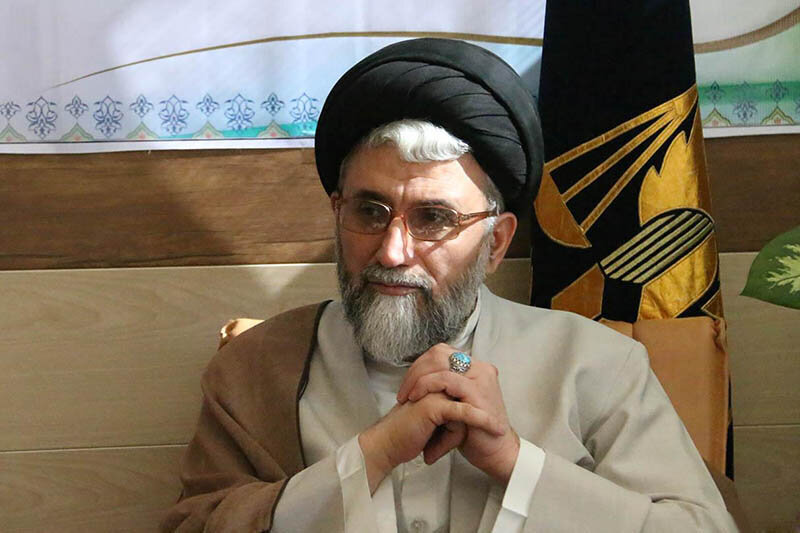Spies from Sweden, France, and Britain in Iran’s captivity
Over 50 intelligence services have set up Iran desk

TEHRAN- Esmaeil Khatib, Iran’s Minister of Intelligence, revealed on Sunday that spies from Sweden, France, and Britain are in Iran’s captivity and that some of them had been put to death despite external pressure.
“Today, the power of the country’s intelligence organizations is such that they have captured spies from France, Sweden, the UK, and several other countries,” Khatib declared at the annual conference of the IRGC commanders on Sunday.
The intelligence minister said, “Despite pressure from abroad, some of those spies were sentenced to death and executed.”
Around 200 Daesh elements recently entered the country in order to create insecurity across Iran and Iraq during the Arbaeen season, the intelligence chief says.He emphasized that coordination and collaboration among all parts of the intelligence community are key factors in Iran’s success in apprehending spies.
The minister also blasted the U.S. for creating the Daesh terrorist group, elements of which he said have ties to the Zionist regime
Iran has foiled many plots after around 200 Daesh elements recently entered the country in order to cause problems and instability across the country, region, and Iraq during the Arbaeen season, the minister revealed.
Elsewhere in his remarks, the intelligence chief said more than 50 foreign intelligence agencies have established “Iran desk” to counter Iran as a new emerging power.
“More than 50 foreign intelligence services have established the Iran desk to counter the (Islamic) Revolution as a new power at the global level,” he pointed out.
Enemies’ most important plan is to destabilize Iran in the runup to parliamentary polls
The main plot of the enemies is to make Iran insecure in the run-up to the winter parliamentary elections even though they also have plans on the anniversary of the death of Masha Amini.
The tragic Mahasa Amini incident in September 2022 prompted months of riots that led to the death of security forces and civilians as well. Certain Western leaders, foreign-based opposition groups, and Farsi-language TV networks inflamed the riots through provocations and twisted reports.
“Even though they also have plans on the anniversary of the riots, their main goal is elections,” Khatibi said
The Intelligence Ministry maintained in a statement that it had collaborated closely with the IRGC’s Intelligence Organization, the Police, and the Judiciary to make a number of arrests in relation to the August 13 attack in Shiraz that left two civilians dead and seven injured.
Khatib says some spied executed despite external pressure. The most significant essential figure, who was in Iran and was in charge of maintaining direct touch with the operational ringleader of Daesh in Syria and Afghanistan, has been detained, the ministry added.
An armed terrorist attack on August 13 left two people dead and seven more injured.
Two assailants attacked the Shah Cheragh shrine on August 13. One of them was captured and the other fled. However, he was arrested hours later.
Last year, armed militants carried out a similar attack on the Shiite site.
An armed terrorist attacked the site on October 26, 2022, killing 15 pilgrims, including women and children, and wounded hundreds more before being shot dead by security officers.
Back in May, the ministry said a foreign espionage network that was gathering critical information from important authorities had been dissolved and its agents had been apprehended.
In a statement released, the ministry declared that continuous monitoring had shown that an unidentified foreign intelligence service had been gathering data on Iranians leaving and entering the country, including those who worked in important government positions or had access to sensitive information in sensitive institutions.
The ministry said that it had been successful in locating a network of intermediaries and executive agents who had been gathering information from a number of significant institutions and agencies inside Iran.
According to the statement, the agents attempted to improperly use the databases that were accessible in Iran to extract information about travelers entering and leaving the country and then provide the information to the relevant foreign spy services.
It further stated that once the network’s executive agents and intermediates were located within Iran, they were detained right away at the behest of the nation’s legal authorities.
